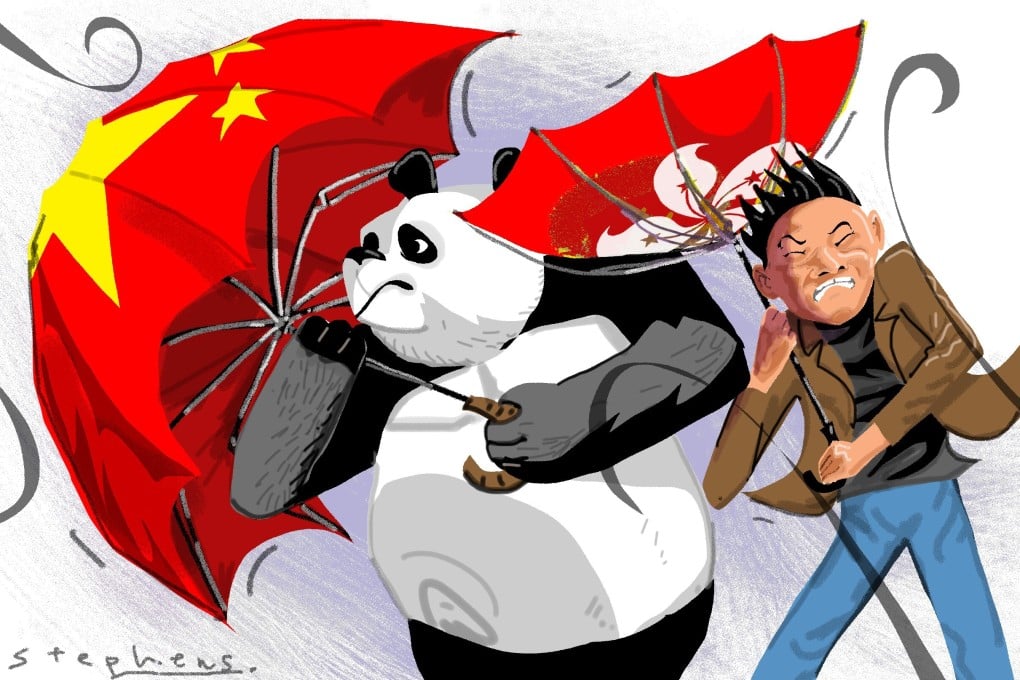Opinion | Three hard truths for Beijing to accept, if ‘one country, two systems’ is to live on rather than lapse
- Hongkongers’ aspirations for electing their own leader, a strong opposition in local politics, and a more inclusive understanding of patriotism must be accommodated in the Chinese dream
- Mainland-Hong Kong relations will always be tense, given the inherent contradictions in ‘one country, two systems’, but such tensions can be managed

It is not only because of the Covid-19 pandemic, which is turning the world upside down. With nations and cities resorting to lockdown to contain the virus spread, social and economic activities have slowed quickly. Economic recession is unfolding worldwide, threatening the survival of many industries.
When a major economic crisis combines with political turmoil, the signs do not bode well for the prospects of “one country, two systems”.
The two-system formula was meant to not only resolve the historical question of Hong Kong’s return to China after 150 years of British colonial rule, but also foster a new mission for Hong Kong in China’s modernisation. Should things proceed smoothly, there is no reason this unusual constitutional arrangement should not be extended beyond 2047.

